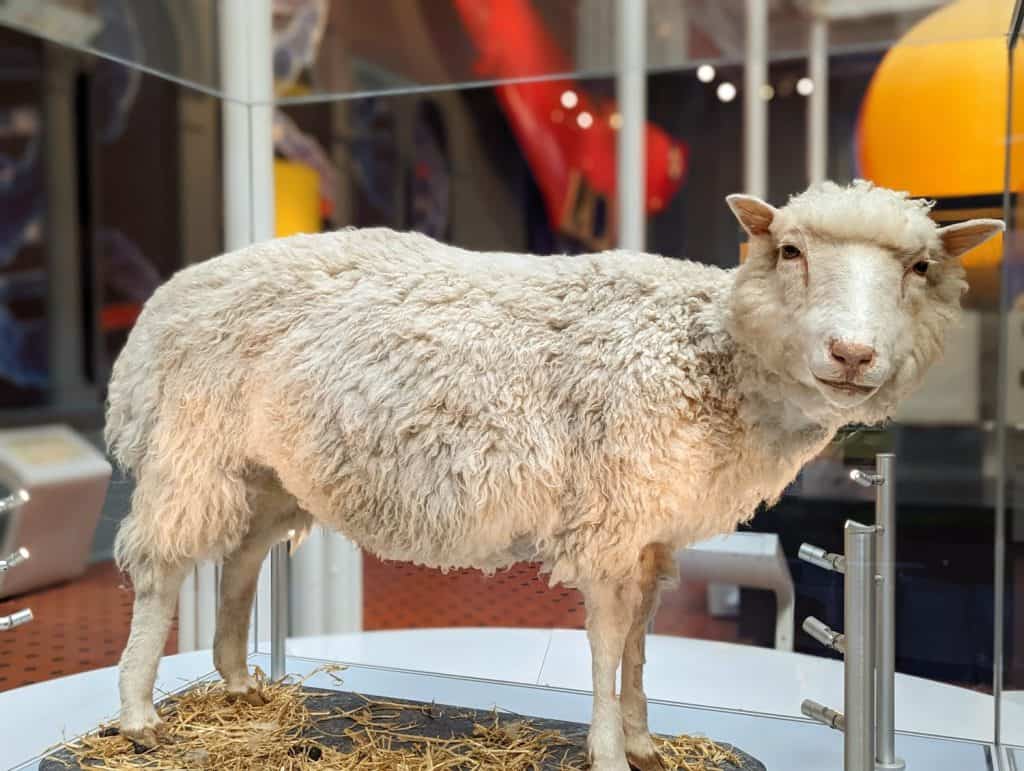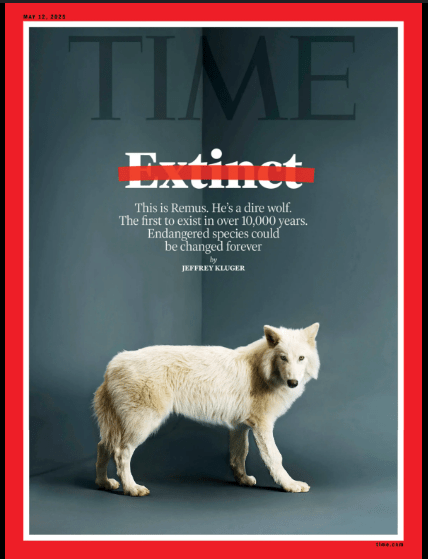Dolly The Sheep - Pioneering the Future of Cloning In the annals of scientific breakthroughs,…
Can I Clone My Pet From Their Ashes?

Can I Clone My Pet From Their Ashes?
After the loss of their beloved pet, many owners ask us at Gemini Genetics if their pet can be cloned using their ashes. It is a heartfelt question, especially for those who have already had their pet cremated and want to keep the possibility of cloning open. In this blog, we will answer the question “Can I clone my pet from their ashes?” and discuss what sample types can be used for preserving your pet’s genetics for the future.
Cloning from Ashes and the Science of Cloning
Sadly, the short answer is that no, the cloning process cannot be initiated from an ash sample. The process of cremation involves extremely high temperatures that destroy all living cells and DNA. Cloning relies on viable, intact cells that can be cultured in a laboratory. Ashes are simply the mineral remains left after all of the organic material (DNA included) is burned away.
What About Other Types Of Samples?
Blood:
Blood samples are sometimes useful for DNA verification but cannot be used for cloning. We offer an independent DNA profiling service to establish a full genetic profile for your cat that requires a small blood sample. You can find out more about this service in the price list tab on our website: Price List: Cloning at Gemini Genetics
Teeth:
Teeth are made up of hard mineralised tissue, and do not actually contain any living cells that cannot be used for cloning!
Saliva and Urine:
These sorts of bodily fluids unfortunately do not contain the intact living cells required for the cloning process.
So, What Samples Can Be Used For Cloning?
Skin samples are the best samples to use for cloning your pet as they contain the essential fibroblast cells needed for this process. These fibroblasts are ideal cells for the cloning process as they contain you pet’s complete genetic profile and are also easily and reliably cultured.
These can be obtained by 6mm skin biopsies which can be taken either post-mortem or for live samples upon veterinary discretion. For post-mortem samples only, we also require a 2cm x 2cm ear snips. For more information about sample taking instructions, please consult the Emergency tab on our website: Emergency Cat & Dog Cloning Instructions.
In conclusion, if you are considering preserving your pet’s genetics, it is important to collect the appropriate skin samples. If you have any questions about the process or need help navigating your pet cloning journey, you can email us at info@geminigenetics.com
For more information about our genetic preservation and cell culture services, you can consult our online company brochure here: Gemini-Genetics-Company-Brochure-2025.pdf
For more information about our US-based cloning partners, you can consult their website here: www.viagenpets.com



